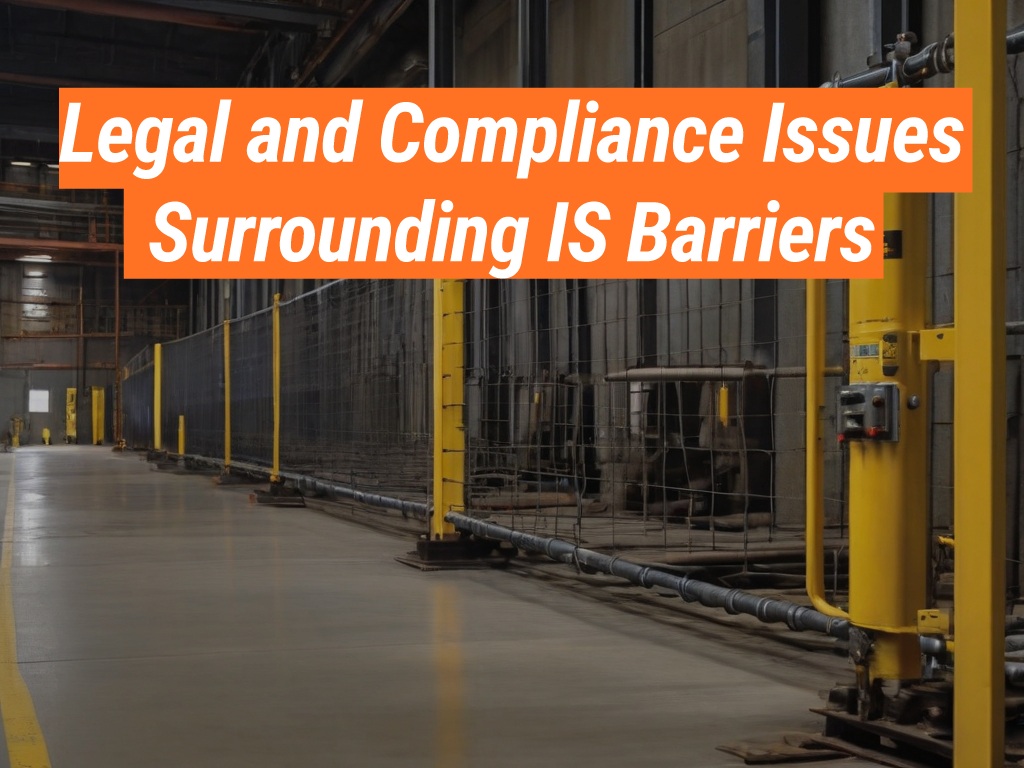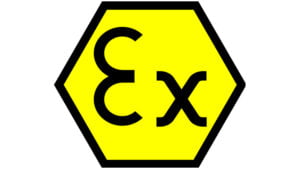As technology continues to evolve, businesses are increasingly relying on Information Systems (IS) to streamline operations and enhance productivity. However, the use of IS is not without its challenges. One of the most significant hurdles is the legal and compliance issues surrounding IS barriers. This article, brought to you by the Intrinsically Safe Store, aims to shed light on these issues and provide valuable insights to help you navigate this complex landscape. We encourage you to visit our website for more information on IS and related topics.
Understanding IS Barriers
IS barriers refer to the obstacles that hinder the effective implementation and use of information systems. These barriers can be technical, organizational, or legal and compliance-related. The latter is particularly challenging due to the ever-changing nature of laws and regulations in the digital space.
Legal Issues Surrounding IS Barriers
Legal issues are a significant IS barrier. They revolve around data privacy, intellectual property rights, and cybercrime, among others. For instance, businesses must comply with data protection laws such as the General Data Protection Regulation (GDPR) in the European Union and the California Consumer Privacy Act (CCPA) in the United States. Non-compliance can result in hefty fines and damage to the company’s reputation.
Data Privacy
Data privacy is a critical concern in the digital age. Businesses must ensure that they collect, store, and process personal data in a manner that respects individual privacy rights. This includes obtaining explicit consent from individuals before collecting their data and providing them with the option to opt-out at any time.
Intellectual Property Rights
Intellectual property rights are another legal issue surrounding IS barriers. Businesses must ensure that they do not infringe on the intellectual property rights of others when using or implementing IS. This includes respecting copyrights, patents, and trademarks.
Compliance Issues Surrounding IS Barriers
Compliance issues are closely related to legal issues. They involve adhering to the laws, regulations, and standards that govern the use of IS. Non-compliance can result in legal penalties, financial losses, and damage to the company’s reputation.
Regulatory Compliance
Regulatory compliance refers to the need for businesses to adhere to laws and regulations related to IS. This includes data protection laws, cybercrime laws, and industry-specific regulations. For instance, businesses in the healthcare sector must comply with the Health Insurance Portability and Accountability Act (HIPAA), which governs the use and disclosure of protected health information.
Standards Compliance
Standards compliance involves adhering to industry standards related to IS. These standards provide guidelines on best practices for implementing and using IS. Non-compliance can result in operational inefficiencies and increased risk of security breaches.
Legal and compliance issues surrounding IS barriers are complex and ever-changing. Businesses must stay abreast of the latest laws, regulations, and standards to ensure compliance and mitigate risks. This involves investing in ongoing training and education, implementing robust data protection measures, and regularly auditing IS practices. For more information on IS and related topics, visit the Intrinsically Safe Store or contact us today.



